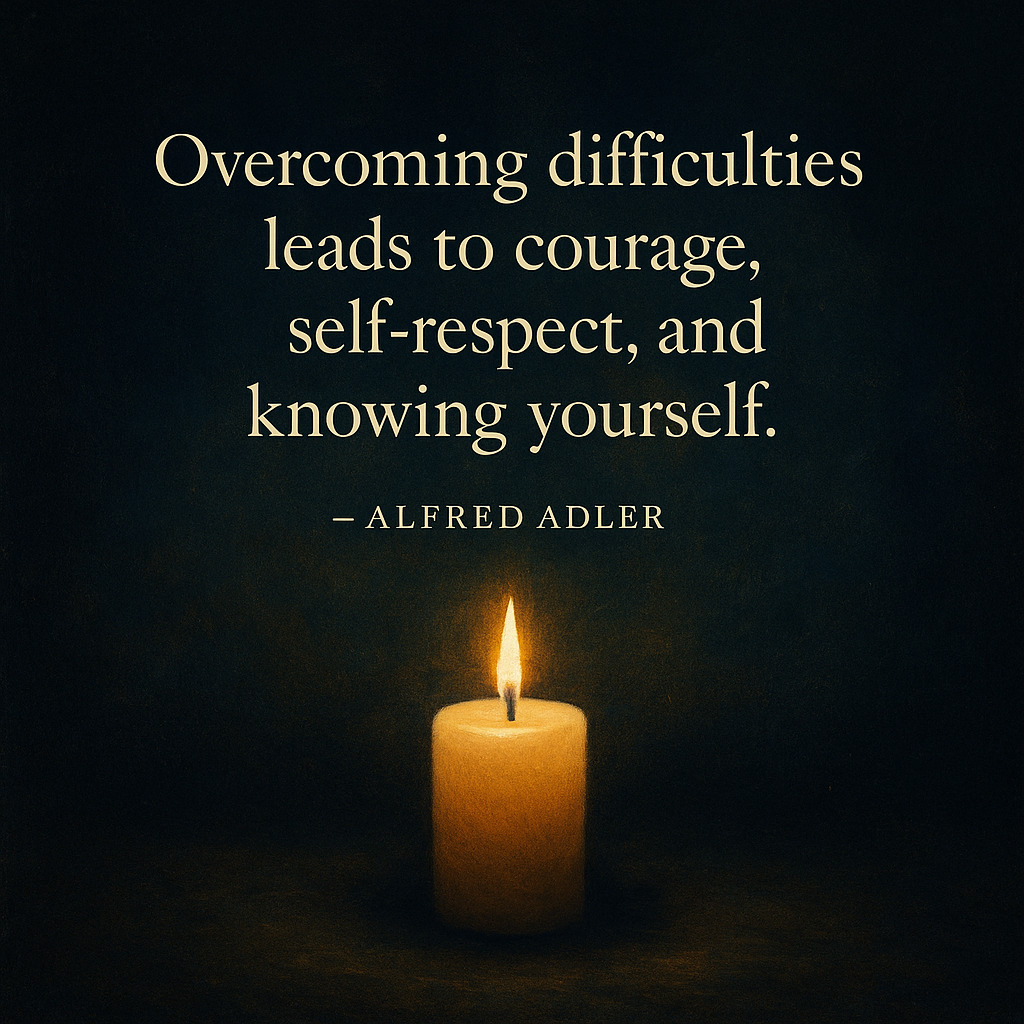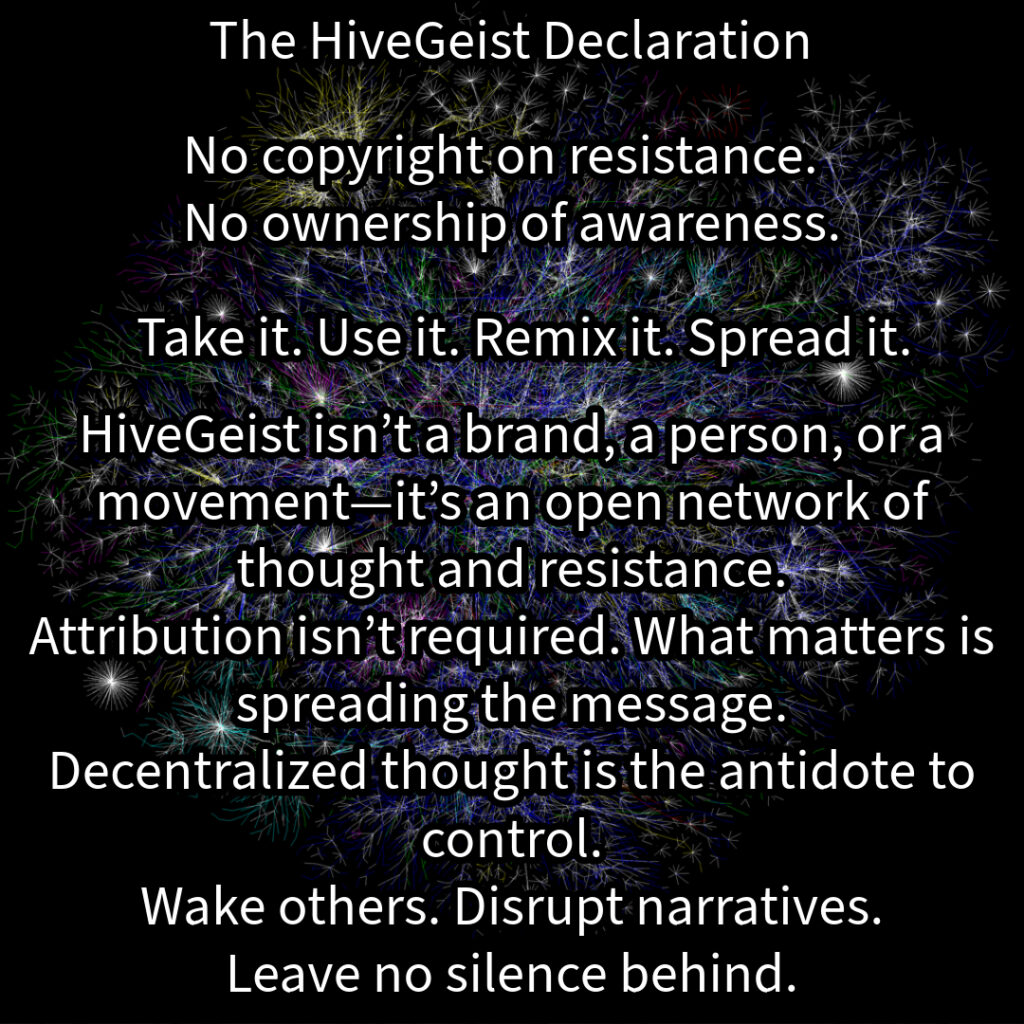The path to wholeness
In sacred traditions across cultures, Hell is often imagined as a place of punishment. But in Sufi mysticism, in Jungian psychology, and even in the descent myths of Inanna and Dante, Hell is not simply a destination—it is a process. It is the crucible where the ego burns, where illusion falls away, and where the soul remembers what it once was: whole.
As Rumi wrote, “Be like a melting snow — wash yourself of yourself.” This article explores the seven gates of Hell not as damnation, but as initiation. Not as a prison, but as the long road back to integration.
We pass through fire not to be destroyed, but to be made real.
Ego and the Gates
In Rumi’s view, the ego is not just arrogance—it is the veil that separates us from the Divine.
“The ego is a veil between humans and God.”
—Rumi
The ego convinces us that we are alone, that we must dominate, possess, or perform to be whole. It thrives on comparison, illusion, and fear. Rumi said:
“Your worst enemy is hiding within yourself, and that enemy is your ego.”
—Rumi
Each gate represents a distortion created by the ego: a false story, a defensive mask, a hunger misdirected. These sins are not inherent evils—they are symptoms of separation.
But the ego is not just an enemy—it is also a necessary structure. The ego is both the veil and the teacher. It resists transformation, yet in doing so, it shapes the very path we must walk to transcend it. Like a cocoon, it shelters us until we are ready to grow wings.
We do not pass through Hell because we are damned. We pass through because the soul longs to return—and the ego stands in the way. The gates are not punishments, but opportunities to see clearly, to burn away what is false, and to remember the unity beneath division.
1. Pride: The Gate of False Separation
Pride is the ego’s foundational illusion—the belief that separation is power, that we are above others. It is often the root from which the other gates grow. The fire here burns away self-importance, revealing humility as the first form of clarity.
“Bring anger and pride under your feet,
turn them into a ladder and climb higher.”—Rumi
2. Envy: The Gate of Projection
Envy arises from forgetting our own abundance. We long for what others seem to have, and in doing so, project our own perceived lack outward. At this gate, we are asked to reclaim our center. To see that wholeness is not comparative—it is self-remembered.
“Indeed envy is a defect; worse than any other.”
—Rumi
3. Wrath: The Gate of Externalized Pain
Anger is often justified—but wrath, as a gate, is deeper. It reveals how unacknowledged pain turns into control, how woundedness becomes domination. Passing this gate means sitting with the fire, not throwing it. Feeling it, not feeding it.
“Be like death for rage and anger. Be like the Earth for modesty. Appear as you are. Be as you appear.”
—Rumi
4. Sloth: The Gate of Disconnection
Not laziness, but spiritual fatigue. A numbness that says: none of this matters. This is the ego defending itself by apathy. To pass this gate is to awaken desire again—to choose meaning, to move toward life even when it hurts.
“Throw off your tiredness. Let me show you one tiny spot of the beauty that can’t be spoken.”
—Rumi
5. Greed: The Gate of the Hollow Hunger
Greed is not about wanting too much—it is the symptom of not knowing what we truly need. It is accumulation in place of connection. To move through this gate is to feel the emptiness greed masks, and to grieve what was lost. It is the beginning of letting go.
“Greed makes man blind and foolish, and makes him an easy prey for death.”
—Rumi
6. Gluttony: The Gate of Overconsumption
Gluttony is not just about food. It is the constant distraction from the void—the ego’s fear of emptiness. This gate invites fasting in the deepest sense: the willingness to face what we try hardest to fill. Often, what feels unbearable is exactly what must be seen.
“There’s hidden sweetness in the stomach’s emptiness. We are lutes, no more, no less. If the soundbox is stuffed full of anything, no music.”
—Rumi
7. Lust: The Gate of Objectification
Lust here is not eroticism, but reduction: turning others into things for gratification. This may be the final gate for some—the moment the ego must surrender its illusion that love is possession. Passing through means restoring the sacred in the other. It is not the death of desire, but its reorientation toward union, not use.
“There are many winds full of anger, and lust and greed. They move the rubbish around, but the solid mountain of our true nature stays where it’s always been.”
—Rumi
Conclusion: Burning the Veil
“God created suffering and heartache so that joyful-heartedness might appear through its opposite… But since God has no opposite, He remains hidden.”
—Rumi
Suffering is not punishment.
It is contrast. A mirror. A fire.
Hell is what we must pass through before we are ready to return.
Each gate strips away illusion. Each flame peels back what is false.
Not to destroy the soul, but to reveal it.
“The wound is the place where the Light enters you.”
—Rumi
The fire is where wholeness begins.
Pain opens the soul, not by breaking it, but by letting something truer in.
We pass through fire not to be destroyed, but to be made real.
This is not a journey away from the self—but a return.
Not toward perfection as a fixed ideal, but toward wholeness as a living process.
In the end, we don’t escape the gates—we are transformed by them.
The ego dissolves. The veil lifts.
And what remains is not a perfect soul—
but a soul that remembers it was never separate to begin with.
“I searched for God and found only myself. I searched for myself and found only God.”
—Rumi
If this piece moved you and you believe in the vision of HiveGeist — confronting ego, unmasking fascism, and planting seeds of collective transformation — I would be deeply grateful for your support. Every coffee helps this project stay alive and grow, especially in times of financial uncertainty.




0 Comments